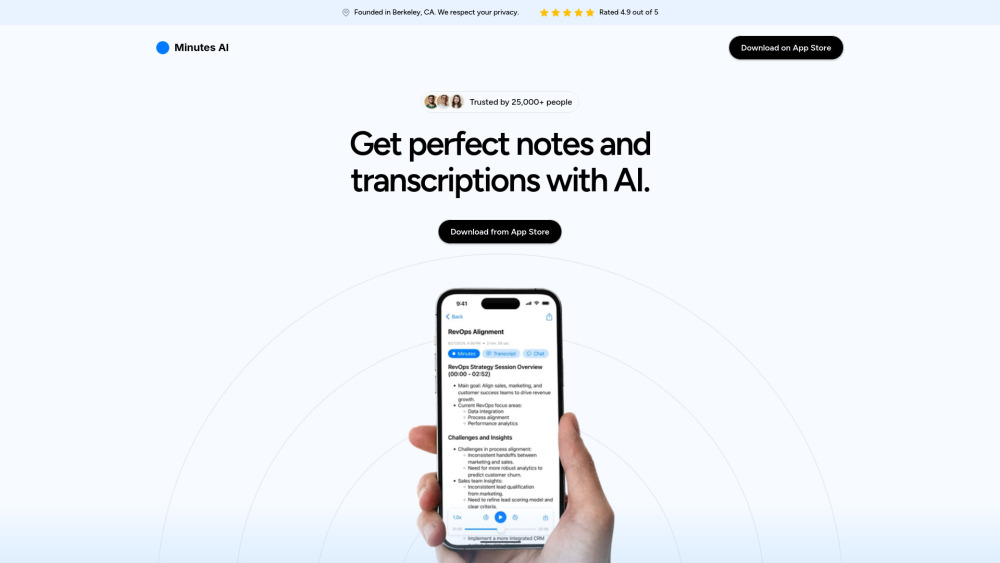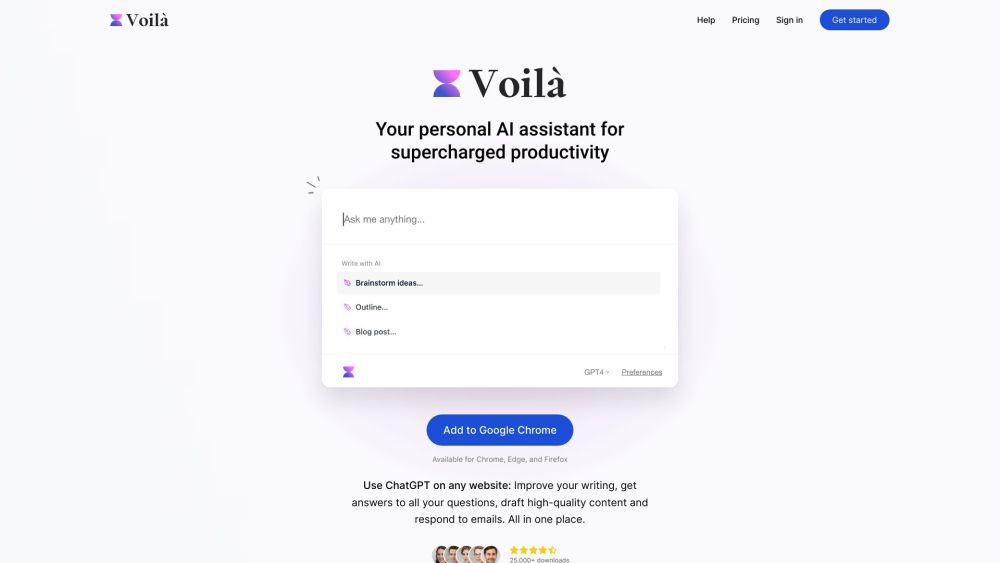Users can register on the SenseChat official website to access the "Dialogue" large language model, marking a significant milestone for large models in China. The first batch of approved Chinese large model products signifies a shift from the initial "birth wave" phase to an "application wave," as three Shanghai-based and five Beijing-based companies lead the charge.
What does this shift mean for users and Chinese large model companies? Experts indicate that the "multi-model battle" is evolving from a competition based on specifications to one focused on applications. The aim is to create a "flywheel effect" where real user engagement drives model iteration, ultimately benefiting users nationwide.
Among the eight approved companies, three in Shanghai are making strides: SenseTime's "Dialogue," launched in April with hundreds of billions of parameters, MiniMax's "ABAB," and the Shanghai Artificial Intelligence Laboratory's model "Bookman." Prior to being available to individual users, SenseTime's "Dialogue" was already deployed across various sectors, including finance, healthcare, automotive, real estate, energy, media, and manufacturing.
In Beijing, the lineup includes Douyin's "Lark," Baichuan Intelligence's "Baichuan," Zhihua Huazhang's "Zhihua Qingyan," and the Chinese Academy of Sciences' "Zidong Taichu." Reports suggest that large model companies in Guangdong and Anhui are preparing for their own launches.
This rollout marks a transition in China’s "multi-model battle" toward practical applications. For example, Baidu's "Wenxin Yiyan" has rapidly ascended the charts of free apps, illustrating user enthusiasm. Moreover, "Zhihua Qingyan," launched on August 31, offers tools for tasks such as writing, project design, and generating communications, showcasing its versatility.
Experts believe that making large models accessible to the public is a key milestone that goes beyond commercial applications. Digital business analyst Hao Zhiwei suggests these models serve as personal assistants, enhancing efficiency by aiding users in text management, Excel spreadsheet creation, and basic programming tasks. This accessibility streamlines daily life and professional workflows.
For companies, public availability of large models equates to a richer, native application scenario and a larger pool of Chinese-language data. The consumer end (C-end) is crucial for widespread adoption; without societal engagement, large models cannot accumulate the vast data necessary for deeper learning and individual empowerment.
Baidu's CEO, Li Yanhong, asserts that opening "Wenxin Yiyan" to billions of users will yield valuable feedback for iterative improvements, thus enhancing user experience. Baidu also plans to introduce a series of newly structured AI-native applications that will demonstrate the core capabilities of generative AI, including understanding, generation, logic, and memory.





